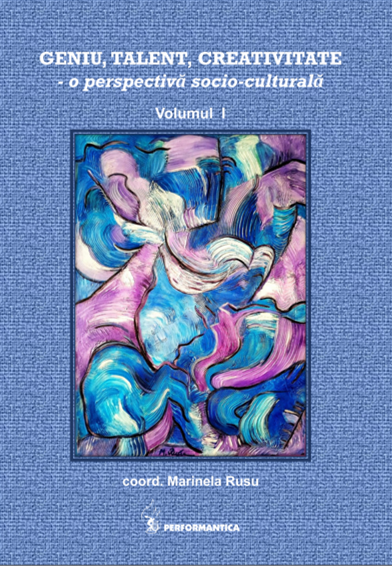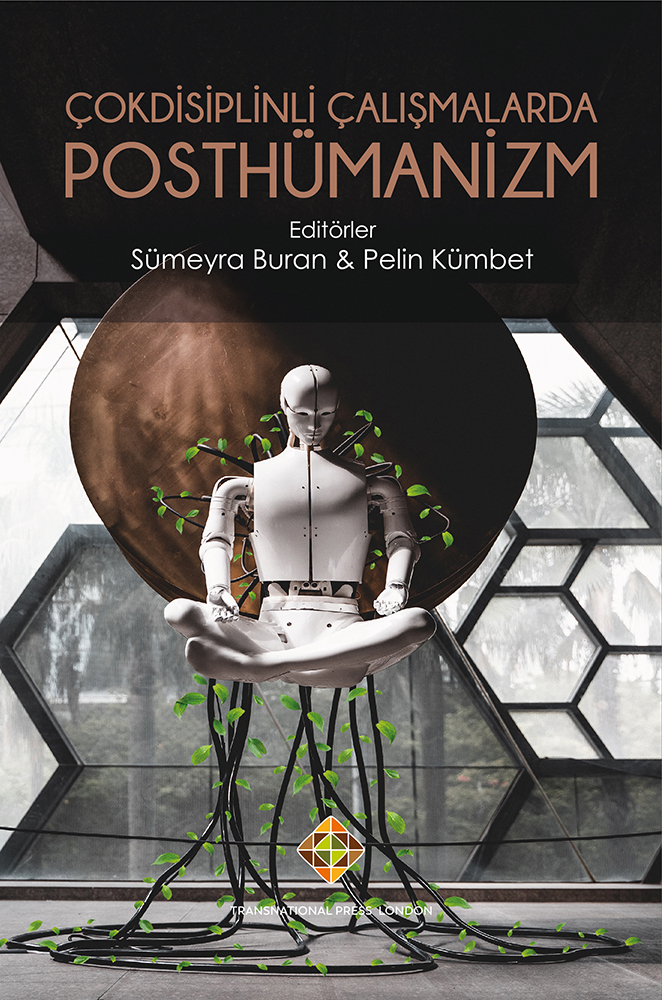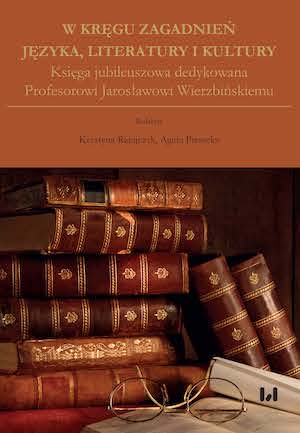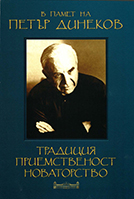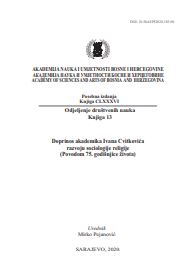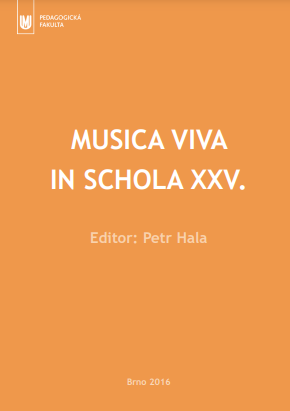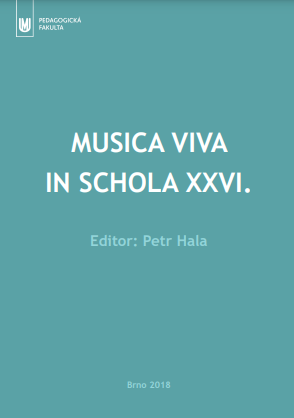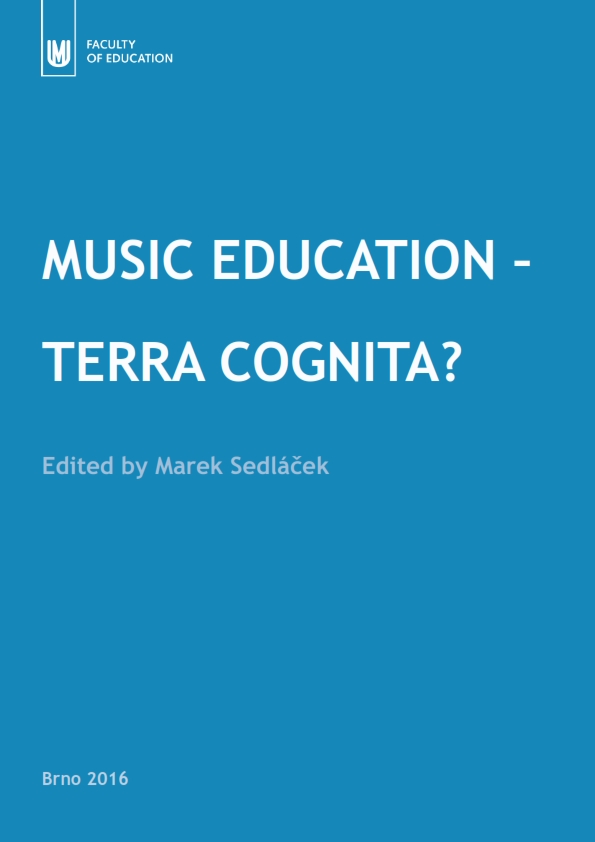
Extracurricular Musical Activities in Primary School from the Teachers’ Point of View
The paper stresses the importance of organized and planned activities in primary school students' free time, by means of their participation in extracurricular musical activities. In this process, it is important to focus on student satisfaction, active participation, and concrete contribution, which would ensure high-quality outcomes and influence comprehensive student development. Research results point out the advantages and drawbacks of organizing extracurricular musical activities in Croatian schools. Teachers stress that the interest of students ranges around average levels, that the curriculum is largely well adapted to their needs and capacities, but they also report that students cooperate successfully with one another and that the work atmosphere is pleasant. By offering various extracurricular musical activities in the school one can help students to broaden their knowledge and develop their musical skills. For this reason, offering new programs, materials, and approaches is inevitable if we wish to modernize these activities and receive greater student interest in participation.
More...
